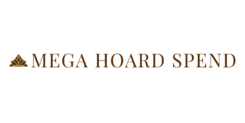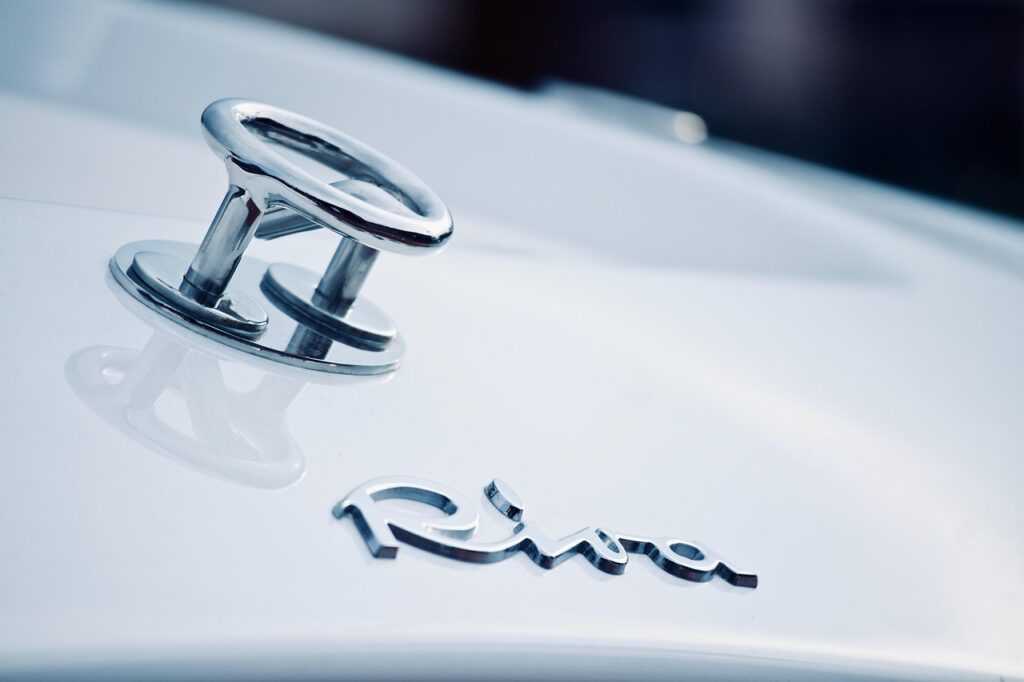In the ever-evolving landscape of the luxury market, staying ahead of trends is key to success. As I delve into the forecast for the next five years, exciting opportunities and shifts in consumer behavior come to light. With a keen eye on emerging technologies, changing consumer preferences, and global economic trends, I’ll guide you through what to expect in this dynamic industry.
From the rise of sustainable luxury to the impact of digital innovation on traditional retail, the luxury market is poised for significant transformations. As I analyze the data and insights, I’ll provide valuable predictions and actionable strategies to navigate the evolving luxury landscape successfully.
Get ready to explore the future of luxury and position your brand for success in the next five years.
Current State of the Luxury Market
Exploring the current state of the luxury market reveals a dynamic landscape shaped by various factors. Luxury brands are witnessing a shift in consumer behavior driven by evolving trends and preferences.
The market is experiencing an increasing demand for sustainable and ethically sourced products, indicating a growing consciousness among luxury consumers. Digital innovation has significantly impacted the traditional retail sector, with more consumers opting for online shopping experiences.
This shift towards digital platforms has prompted luxury brands to enhance their online presence and e-commerce strategies to cater to the changing consumer habits effectively. Additionally, the rise of social media influencers and digital marketing has transformed the way luxury brands engage with their target audience.
Global economic trends also play a crucial role in shaping the luxury market. Economic fluctuations, geopolitical events, and changing consumer spending patterns can impact the purchasing power of luxury consumers.
As luxury brands navigate through these dynamic market conditions, strategic planning and adaptability are essential to staying competitive and meeting evolving consumer expectations.
Factors Influencing the Luxury Market Forecast
In forecasting the luxury market over the next five years, it’s crucial to consider various factors that will shape its trajectory. Understanding the impact of global economic trends and shifts in consumer behavior is key to strategic planning and maintaining a competitive edge in the luxury industry.
Global Economic Trends
Analyzing global economic trends is vital for luxury brands to anticipate market fluctuations and consumer spending patterns. Economic conditions worldwide, such as GDP growth rates, inflation, and exchange rates, significantly influence the luxury market.
For instance, during periods of economic prosperity, consumers often exhibit higher purchasing power, leading to increased demand for luxury goods and experiences. Conversely, economic downturns can result in decreased consumer confidence and discretionary spending, impacting luxury sales.
Consumer Behavior Shifts
Keeping pace with evolving consumer behavior is paramount for luxury brands seeking sustained success. Today’s consumers prioritize authenticity, personalization, and sustainability, shaping their preferences towards ethically sourced and environmentally conscious products.
Understanding these shifts in consumer values and lifestyle choices is essential for luxury brands to tailor their offerings and marketing strategies accordingly. Moreover, the rise of digital technologies has transformed consumer shopping habits, with e-commerce and social media playing significant roles in influencing purchasing decisions within the luxury sector.
Staying attuned to these consumer behavior shifts is imperative for luxury brands to remain relevant and resonate with their target audiences.
Emerging Trends in the Luxury Market
As I delve into the emerging trends shaping the luxury market landscape, sustainability and ethical practices stand out as paramount considerations for luxury brands.
Sustainability and Ethical Practices
I’m witnessing a notable shift in consumer preferences towards sustainable and ethically sourced products across the luxury market. Luxury brands are increasingly recognizing the importance of incorporating eco-friendly practices into their production processes. Initiatives such as using ethically sourced materials, reducing carbon footprints, and supporting fair labor practices are becoming prevalent in the industry.
The move towards sustainability not only aligns with growing consumer consciousness but also positions luxury brands as responsible global citizens. By prioritizing sustainability and ethical practices, luxury brands can appeal to environmentally aware consumers while contributing to a more eco-conscious industry ethos.
This trend is expected to continue shaping the luxury market landscape over the next five years, with brands leveraging sustainability as a key differentiator and a means to connect with socially conscious consumers.
Key Players in the Luxury Market
Exploring the key players in the luxury market unveils a landscape dominated by renowned brands renowned for their exquisite craftsmanship and exclusive offerings. These brands set the trends and standards for luxury globally, shaping the industry’s direction. Let’s delve into some of the prominent players defining the luxury market:
- Louis Vuitton: Renowned for its iconic monogram print and luxurious leather goods, Louis Vuitton is a symbol of timeless elegance and sophistication. The brand’s extensive range of products, including handbags, accessories, and ready-to-wear collections, continues to captivate luxury enthusiasts worldwide.
- Gucci: A trailblazer in the fashion industry, Gucci is synonymous with daring designs, vibrant aesthetics, and innovative concepts. The brand’s eclectic approach to luxury resonates with a younger demographic while retaining its classic appeal, making it a powerhouse in the luxury market.
- Chanel: Exuding timeless glamour and Parisian chic, Chanel epitomizes sophistication and refinement in the luxury sector. From haute couture and fragrances to accessories and beauty products, Chanel’s unwavering commitment to excellence solidifies its position as a top player in the industry.
- Hermès: Celebrated for its impeccable craftsmanship and heritage of artisanal skill, Hermès is revered for its coveted Birkin and Kelly handbags, silk scarves, and fine leather goods. The brand’s unwavering dedication to quality and exclusivity elevates it to a prominent position in the luxury market.
- Rolex: A symbol of precision, prestige, and innovation, Rolex stands as a pinnacle of luxury watchmaking. With a rich history of creating iconic timepieces that marry style and functionality, Rolex continues to define luxury and craftsmanship in the horology realm.
These key players not only drive innovation and set benchmarks for luxury standards but also influence consumer preferences and industry trends. Their commitment to excellence, heritage, and exclusivity cements their status as leaders in the dynamic and ever-evolving luxury market landscape.





